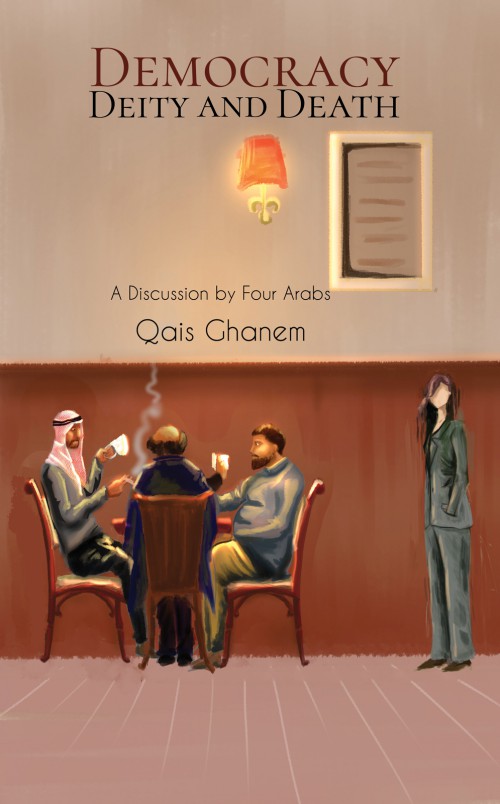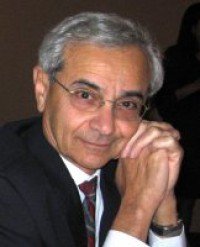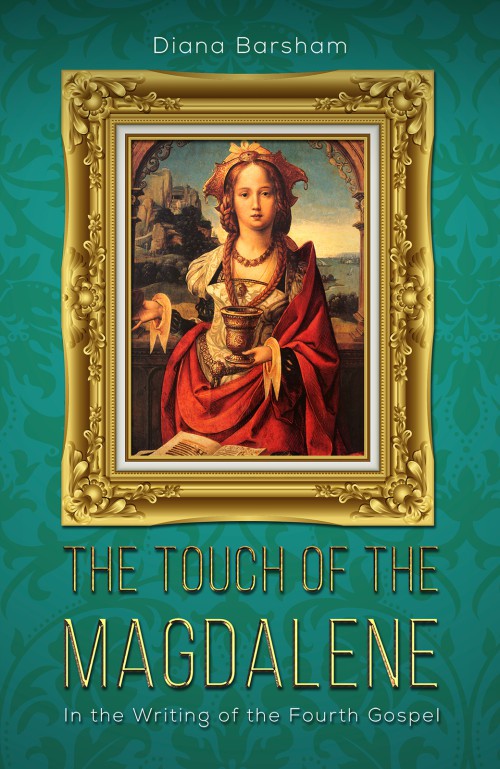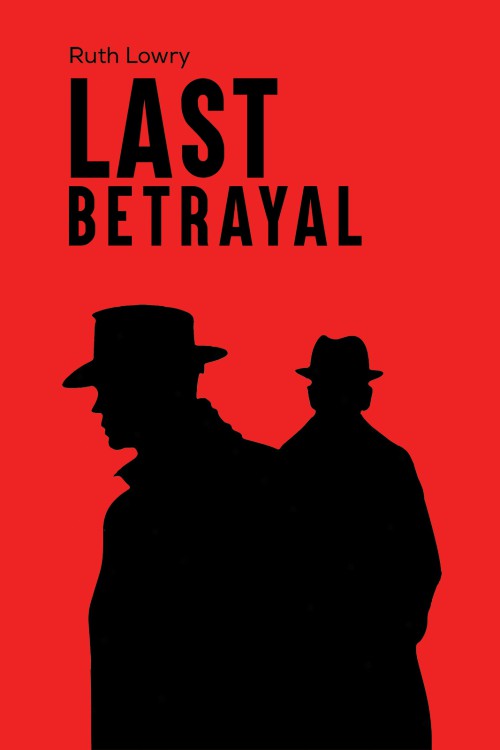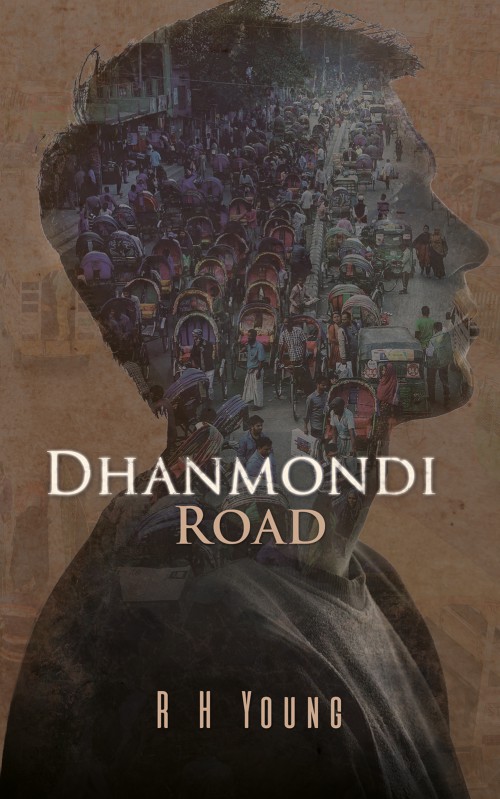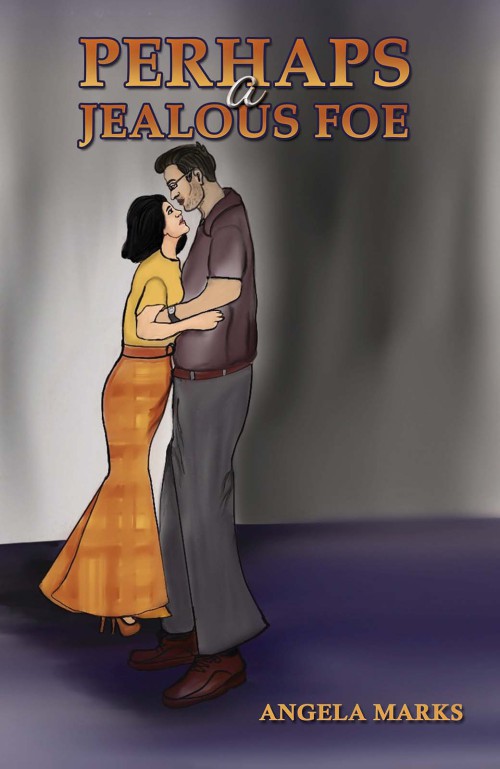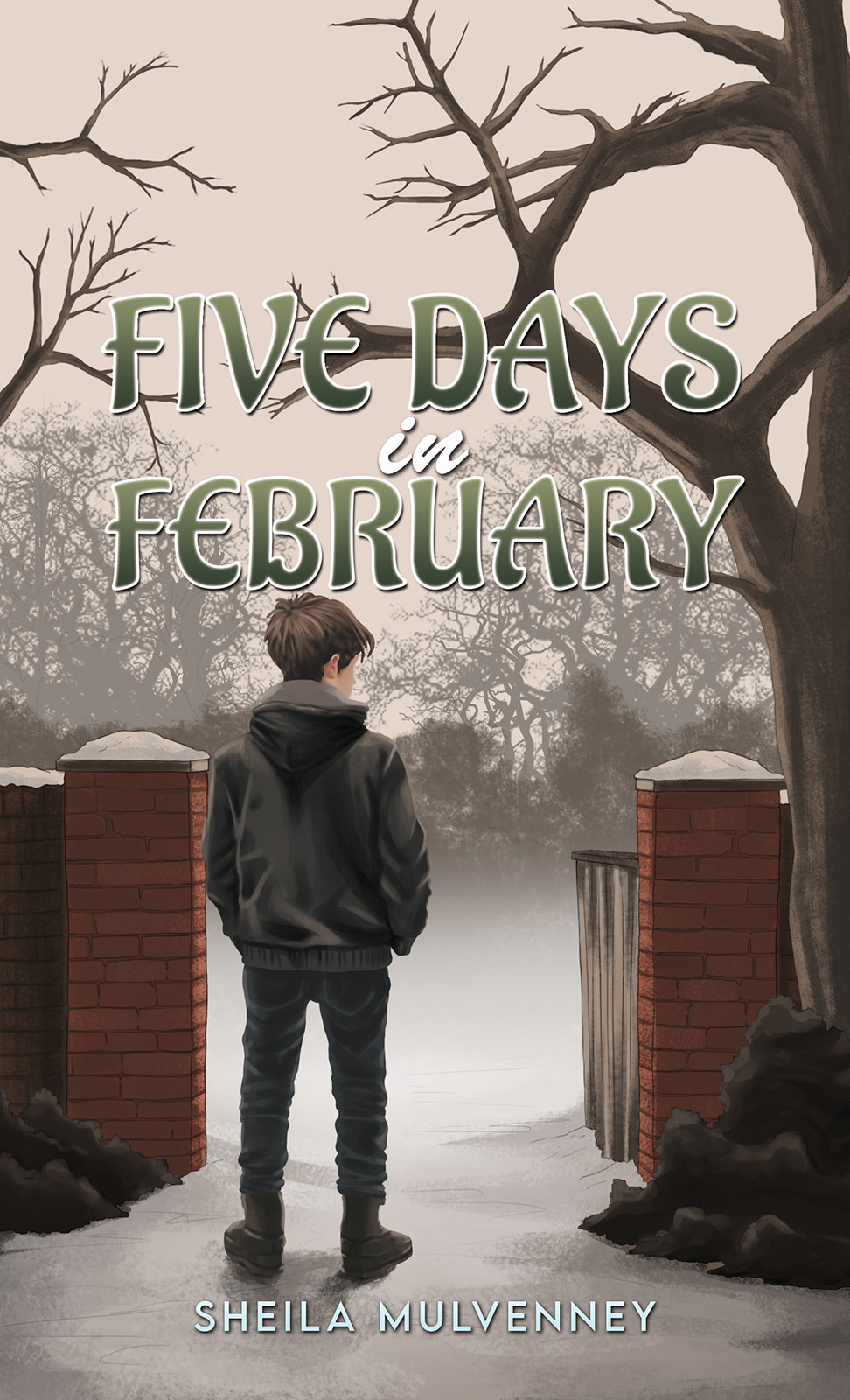-
Democracy, Deity and Death
A Discussion by Four Arabs, by Qais Ghanem
London: Austin Macauley Publishers, Ltd., 2019. 131 pp
Qais Ghanem has written his best book yet. Author of seven books to date, Ghanem, long-time host of CHIN Radio’s talk show “Dialogue with Diversity,” sets forth a lively discussion in Democracy, Deity and Death.
The plot is straightforward. By happenstance, four people of Middle Eastern heritage, are seated at the same table in a London coffee shop. The coffee is good. The four are glad to be there. All are delighted to be able to talk frankly with one another, in English and Arabic, about events that matter, topics both practical and impertinent, real and theoretical.
The conversation is timely and current: each individual arguing positions, sometimes impulsively, always authentically; each presenting arguments marked by humour, goodwill, and an abiding curiosity to know what the others will say. Why, they wonder, is the Middle East such a mess? What’s going on in Syria?
Iraq? Who’s in charge? Is Islam the problem? Arab media? Really? Is Christianity any better? Who says so? Who is chosen, really? To do what? Maybe the problem s government, the state’s use of religion?
Is Lebanon truly multicultural? Human rights? Anyone know where to find a good bowl of mulukhiyah (Egyptian spinach), or what about some salah (Yemeni lamb stew)? Who are these four? One is a real estate agent, a young man called Sam, hailing from Lebanon. Another is a friend of his, Samia, a woman working as a bank officer. Samia’s family is Egyptian. She has divorced and a single mom. The third is her uncle, Saleh, an older man, newly widowed. He is a professor at the University of Edinburgh. The fourth individual at the table, Abdul-Raheem, born in the UK, grew up in Yemen. Abdul-Raheem is
new to London. Fleeing Yemen and its civil war, Abdul-Raheem arrived back in the UK with a wife and four children in tow. The author identifies three of the four characters as Muslim: Saleh, Samia, and Abdul-Raheem. The fourth, Sam, is tagged, Christian. The reader is not told Sam’s Christian denomination, nor are we told with what branches of Islam the others identify.
These omissions render each a stereotype for faiths that are, in reality, clusters of belief and practice whose differences matter much to the observant. Abdul-Raheem, for example, cites Sharia precedents often, but the reader does not know if his references are Sunni, Zaydi, or . . . ? Is Sam’s background Coptic Christian, or . . . ?
The writing is short, crisp, well-paced. The book opens with a wedding, followed by a car crash, and the death of the beloved. Near the end, the group discussion turns to death and whatever follows. How is one to know? In London today, as in Ottawa, questions of origin are easily asked: “Where are you from? Really from?”
Qais Ghanem’s novel asks better questions, worth all our attention. He permits his four protagonists to discuss questions of identity and the stereotypes of multiculturalism with wit, humour, and intelligence. In his introduction, Ghanem states that his own questions concerning death, and what happens then, first appeared when he was a medical student dissecting cadavers. Years later, having become a neurophysiologist, the author remembers these questions. We all ask them.
-
I liked the idea of the book, which conveys a sophisticated dialogue between four people, each person has ideas and concepts in life other than others. The book discusses political and social issues that concern the expatriate Arab citizen. In addition to a dialogue between religions and different faith, concluding the consequent use of the name of religion for political gain. Despite me not accepting some of what is being said, in the end, it expresses other minds besides mine and their thoughts and morals.
In sum, the writer has tried hard to convey in the dialogues the ideas and beliefs of every person to an atheist, and the disadvantages of Arab and Western countries in a refined and polite manner.
This book is for thinking and changing towards a healthy society that accepts dialogue in a polite manner without offending, slandering, insulting or atoning. We have to raise our morals and thoughts when we talk. With high-level dialogue, humanity rises and only then we are able to communicate our thoughts, words and information to others.
-
The book is very informative and educational for me, as a Chinese Canadian. Four Arabic people meet regularly and discuss different topics, in a casual manner, but one that involves many serious topics including culture, tradition, economics, religious power, gender equality, conflict and struggles etc.
The four characters are very different and vivid. Abdul-Raheem is very conservative and absolutely worships his holy book. Sam is relaxed and full of humor. Samia, as the only lady, is gentle and the most outspoken. Saleh is a professor.
The conversation gets intense from time to time, but does not compromise their friendship, mutual respect, and good sense of humor. You feel the dynamics, friendship and their passion for their culture. I am especially impressed by Samia, the only lady of the four. She is so intelligent, outspoken and sharp to point out the problems and challenge the tradition, even the holy book. This gives me a quite different view of Muslim women. For example, in chapter 13, while the younger generation Tina was there.
Four people talked about sex before marriage for muslin women, the inequality for men and women, about the holy book, cleanliness of animals, the conflict between British and Muslim cultures, challenging the traditional value to consider woman’s menstruation unclean. Tina joined the conversation about identity conflict.
The book is very educational for younger generations. In chapter 14 and 15, the conversation was to challenge the holy book again with very interesting points. It is very well written, and it helps me to understand the Arab culture, the existing problems, the struggles and conflicts with the Western world. Highly recommended.
Jackie Zeng (Dr.)
-
McKenzie Donovan - Ottawa Life Magazine
Democracy Deity and Death is a book that gives perspective on politics, Islam and significant issues in the Middle East. Although the subject is not new, what makes the book stand out is its perspective storytelling. Author Qais Ghanem masterfully uses the narratives of four very different Arab characters to present views that do not always align with the values of Muslims but are current in today's society.
The four characters meet regularly for coffee and have friendly and, at times, animated discussions. Rather than being subjected to a single-story narrative, the book is a compilation of their conversations. The reader becomes acquainted with Saleh — a widowed biology professor from Egypt, Abdul-Raheem — a British born Yemani man recently returned to the UK after spending most of his life in Yemen, Sam — a gay Christian Lebanese real estate agent, and Samia — an Egyptian woman who is a banker, a recent divorcee, and a secularist with a young adult daughter. The diversity of the characters' thoughts keep the novel captivating.
Topics during the groups' meetings generally revolve around contemporary and at times difficult issues in the Muslim and Arab world: dictatorship, corruption, tribalism, Islam and reform, as well as religious-based issues like sexuality. The discussions are lively and descriptive, and it is evident that Ghanem has a thorough understanding of the different perspectives represented through the characters. Samia, for example, often butts heads with Abdul-Raheem over the issues of Westernization and Sharia law and their impact on western raised Arab children because Abdul-Raheem has traditionalist values and much of the book centres on the intellectual sparring of these two character. Saleh provides a character study of the Arab world of the nineteen sixties. Although Saleh is not a pious Muslim, he holds onto political beliefs of the Arab nationalist era and is seemingly pro Palestinian, educated, and Westernized. Saleh too often spars with Abdul-Raheem over Quranic interpretations. Sam provides a different religious background and sexuality perspective to the narrative. Yet, he usually does not butt heads with Abdul-Raheem. He sees the commonalities between their faiths and almost appears to act as a mediator.
The lack of a singular narrative is appealing. Rather than present the problems of the Arab world through one protagonist, who would stereotypically be like Abdul-Raheem, there is a diversity of ideas that tries to show the wide variety of cultures and beliefs in the Middle East and how they intersect.
Ghanem craftily makes the argument through the characters that the tribalism of the Arab-speaking nations has halted progress, yet he also shows that where there is a dialogue, mutual understanding can be fostered, and friendships can bloom.
Anyone who would like to learn more about Islam, the Arab world, and the Middle East will enjoy this book.
Democracy Deity and Death: A Discussion by Four Arabs
by Qais Ghanem
Published by Austin MaCauley Publishers
ISBN: 978-1-5289156-7-0
-
A Timely Subject
Democracy, Deity and Death: A Discussion by Four Arabs by Qais Ghanem was a fascinating read for this formerly programmed-to-the-nth degree ex-Roman Catholic (now ex-Christian, too), 75-year-old, oft-divorced female. How I wish I could have been part of the discussions by these four Arabs who met regularly — not in the Middle East, of course, but in London, England.
Sam is a gay Christian Lebanese who runs a real estate agency with his Russian partner; Abdul-Raheem, born in Wales but raised in Yemen, is a devout and adamant adherent of Sharia Law; Samia, divorced, from Egypt, a proponent of women’s rights, manages a bank; and her uncle, Saleh, a widower, also from Egypt, is a German-educated professor of Biology. Throw these four together in a place where they can speak their minds without fear of being executed for apostasy, and you have some interesting discussions. Sometimes heated ones.
Although the discussions tended to centre on the effects that Islam currently has and has had on mostly the Middle East, they resonated with me because I have been a non-official student of religious-based history since childhood. I was hated in the womb by my mother’s Protestant Orange family because she turned Catholic to marry my father. Dad’s father was equally hated for turning Catholic to marry Dad’s Acadian (hated by both French and English), mother. And imagine my surprise, when in high school, I learned that the Bible was on the Roman Catholic Index of Forbidden Books. I have since read it from beginning to end three times, three different translations. And I have read the Quran, albeit in English, from beginning to end as well. Plus, one of my university credits in religious studies required that I study the Hindu Vedas and other religious writings. It was with great delight that I read Democracy, Deity and Death to recognize myself in each of its four main characters.
Well-written and well-presented, this book will no doubt interest readers of any religious background, and I include atheists, agnostics and gnostics. I would hope that its intent is embraced by those who think their view is the one-hundred-per cent correct one, and that it will encourage readers, as it did me, to once again step back to take a broader view of Planet Earth. — Sherrill Wark, author of Graven Images.
-
Dr Ghanem is a gifted author possessing a brilliant writing style through which he discusses delicate topics leveraging accessible dialogue. I have had the honour of being interviewed by him on several occasions and he impressed me with his wide spectra of knowledge and experience. This is the second of his books that I have read and again his poetic style was captivating and made for a joyful read. Highly recommended for anyone interested in middle eastern culture and human psychology.
-
Dr Bill Bhaneja, Author an d Scholar- Ottawa, Canada
Democracy, Deity and Death: A Discussion by Four Arabs by Qais Ghanem
Dr. Qais Ghanem’s thoughtful book Is about the meeting of 4 cosmopolitan Arab friends in London, England . They have gathered to figure out what to make of their faith and culture caught between tradition and modernity. Ghanem, a Yemeni Canadian was born in British Aden and trained as a physician in Edinburg, Scotland. After retirement he served as a popular host for a community radio show in Ottawa, Canada. He uses his media skill set effectively in setting up scenes for a series of stimulating conversations among his four protagonists. They are three men and a woman from Yemen, Lebanon, and Egypt who express their divergent opinions on topical issues in the Arab world: democracy, human rights, status of women, literacy and education etc. As a medical doctor, Dr. Ghanem is concerned about those for whom the religious faith provides promise of the afterlife in Paradise. The work tries to examine the practice of Sharia in modern times. An educative work of fiction written for those interested in learning more about Islam in the Arab world.
Bill Bhaneja, author and scholar.

